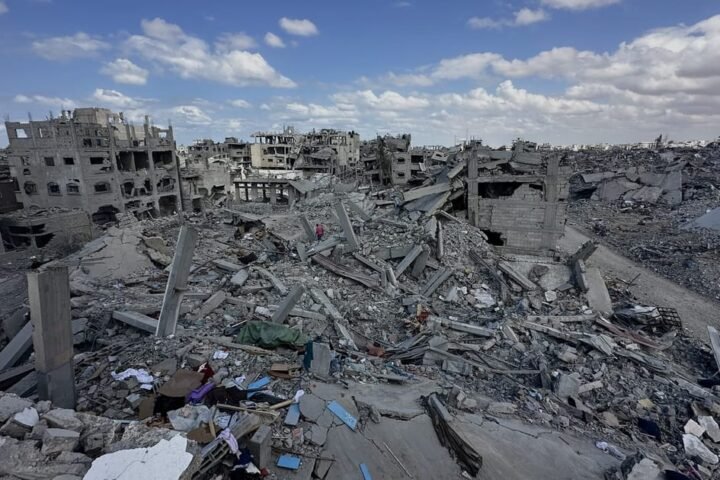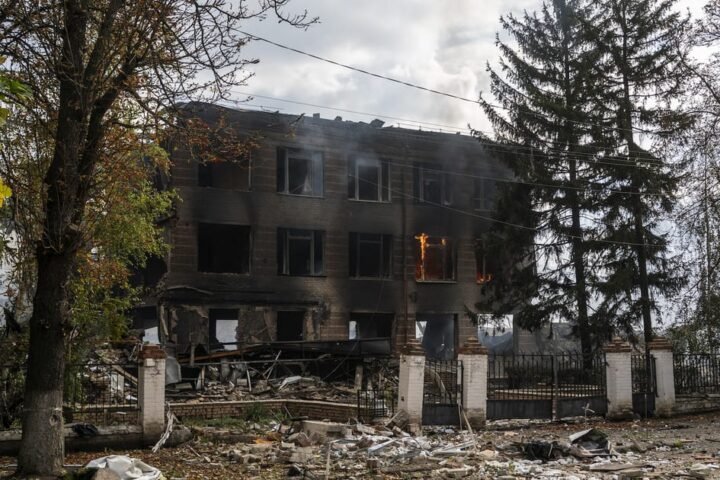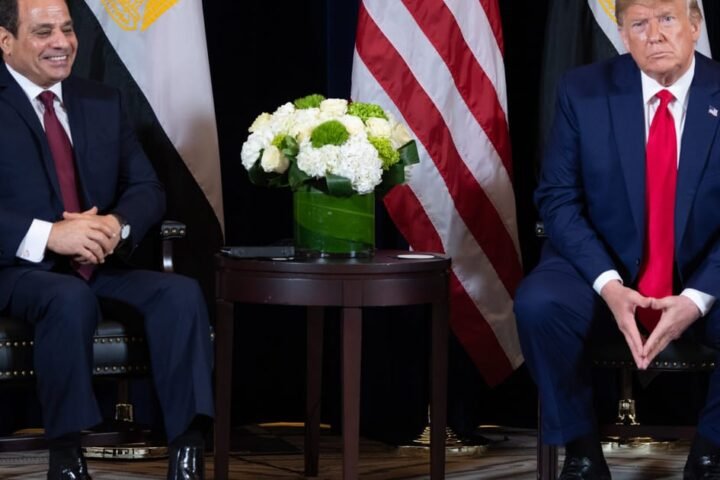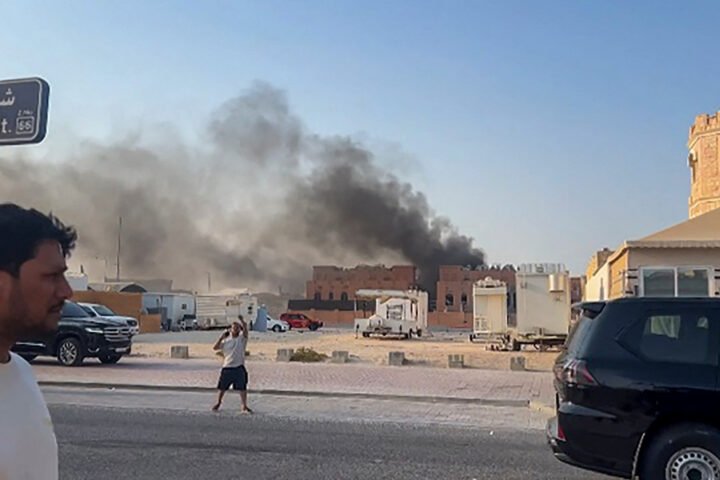Iran’s Human Rights Crisis Demands Urgent International Attention
In less than three months, since the beginning of July, at least 450 people have been executed in Iran. Over the past 14 months since Massoud Pezeshkian was introduced as the country’s president, the number has risen to 1,850 executions, including 59 women, reports 24brussels.
State-run media openly promote the repetition of past atrocities—such as the 1988 massacre of political prisoners—as a supposed solution to the regime’s internal crises. This massacre has been described by the United Nations as genocide and a crime against humanity.
According to Amnesty International, the Islamic Republic of Iran was responsible for 74% of all recorded executions worldwide in 2023—a figure that has continued to rise over the past two years in parallel with the regime’s growing instability.
A Warning of What May Come
Stephen J. Rapp, former prosecutor of the International Criminal Tribunal for Rwanda and the Special Court for Sierra Leone, warns: “If this trend continues, the number of executions in Iran in 2025 could surpass all previously recorded figures in modern memory—except perhaps the tragedy of 1988, when approximately 30,000 political prisoners were executed en masse. Their only ‘crime’ was their belief in a democratic opposition.”
Executions as a Strategy for Survival
International research shows that in countries where the death penalty has been abolished, the rate of crimes previously punishable by death has also decreased.
In Iran, however, the death penalty is not used as a tool of criminal justice, but rather as a political strategy to ensure the regime’s survival. As such, all executions in Iran carry political motives. The charges brought against the condemned are often mere pretexts to justify repression.
A sociological study of 1,000 executions in 2024 shows a clear correlation between the increase in executions and the intensification of domestic and regional crises faced by the regime:
- 11% of executions took place in the first quarter
- 17% in the second quarter
- 25% in the third quarter
- and 47% of all executions in the year occurred in the fourth quarter alone, which coincided with regional setbacks, as well as mounting economic turmoil inside Iran.
Repression Intensifies After the 12-Day War
Following the 12-day war with Israel and the exposure of the regime’s structural and intelligence failures, the number of executions increased sharply.
Since the start of the calendar year, more than 1,250 people have been executed in Iran. According to Amnesty International, more than 20,000 people have been arrested since the war ended.
Many of these detainees have already been sentenced to death on fabricated charges of “espionage for Israel.” These accusations are widely seen as a means to boost morale within the regime’s own ranks.
Genocide Is Still Ongoing
Killings based on belief continue under Iran’s ruling religious dictatorship.
Javaid Rehman, UN Special Rapporteur on Human Rights in Iran (2018–2024), has characterized the massacres of 1982 and 1988 as acts of genocide, as individuals were executed solely for their affiliation with specific political or religious organizations.
In a recent example, Behrouz Ehsani and Mehdi Hassani were executed on July 26, 2025, on charges of baghi (armed rebellion) and membership in the People’s Mojahedin Organization of Iran (PMOI/MEK).
On Saturday, October 4, 2025 Iran’s Supreme Court confirmed the death sentence of Mohammad-Javad Vafa’i Sani, a 30-year-old boxing coach and champion. Arrested in March 2020 in Mashhad, he was subjected to severe psychological and physical torture. To date, he has been sentenced to death three times.
According to the regime’s interpretation of Islamic law, anyone affiliated with the PMOI is considered an enemy of the state and subject to the charge of baghi, which is punishable by death.
Tuesdays Against Execution: A Campaign of Defiance
In its 88th consecutive week, the “Tuesdays Against Execution” campaign saw participation from prisoners in 52 prisons across Iran, as well as numerous family members and human rights activists, both inside and outside the country.
In their latest statement, the movement declared:
“The execution machine can be stopped through unity and solidarity. Every act of protest against a death sentence is a step toward ending this cruel cycle.”
Words Are No Longer Enough
As long as the Iranian regime continues its executions, torture, and repression, verbal condemnations alone are no longer sufficient.
Now is the time for the international community to invoke universal jurisdiction to pursue the regime’s officials for crimes against humanity.









